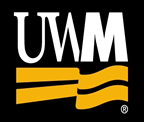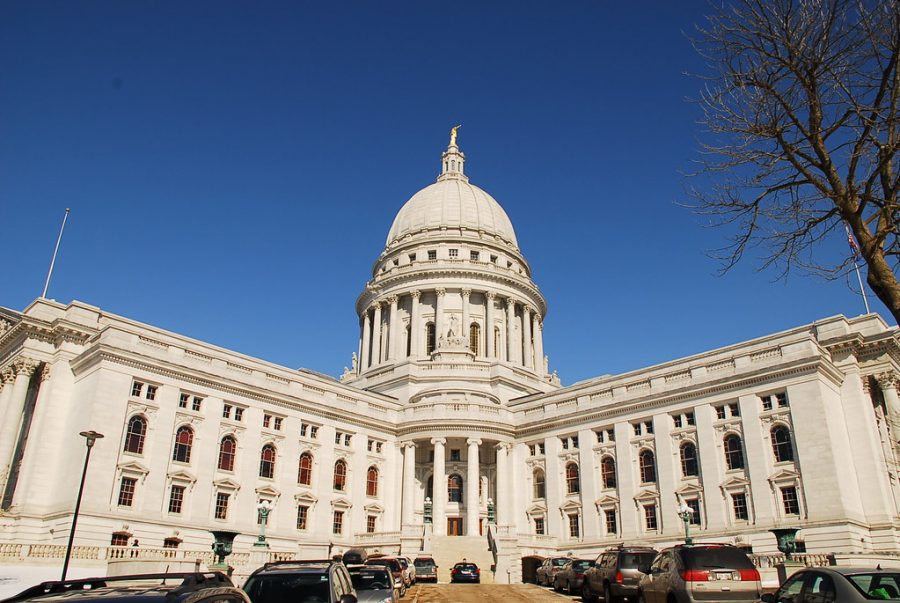The University of Wisconsin-Milwaukee received a $300,000 donation last week to create a scholarship fund for graduates of the Milwaukee Public School system.
Latrice Harris-Collins, assistant dean in undergraduate admissions, said “Milwaukee schools should be feeders to Marquette with the diversity of race, economic backgrounds and first-generation students that they have.”
The 2014 freshman class at Marquette is 19 percent first generation students and 20 percent students of ethnic minorities, according to the university’s Fall Semester Census.
“You find real talent and fire that would come here and do so well,” said Harris-Collins, who works as the admissions counselor with MPS schools as her target area.
Ana Diaz, a freshman in the College of Health Sciences and alumna of MPS’s Ronald Wilson Reagan College Preparatory High School, explained how important she feels it is for Marquette to invest in local youth.
“Coming here changed what I want to do with my future,” Diaz said. “It definitely opened my eyes to Milwaukee in a new way.”
Marquette has a variety of existing programs and scholarships to encourage MPS student entrollment. The Urban Scholars program is a full tuition scholarship for low-income students with leadership potential in the Milwaukee area. The Educational Opportunity Program partners with Upward Bound to work with local students still in high school. Student Support Services helps to fund and assist local low-income and first-generation students. The Harley Davidson Foundation offers a $20,000 scholarship to a minority student graduating from an MPS school each year.
“These programs have that focus,” Harris-Collins said. “They want to bring in and support Milwaukee students… that additional support can be a game changer for students.”
She said another way Marquette works attract in strong MPS candidates is partnering with grassroots college prep programs in the city.
Diaz and Harris-Collins reported finances as the biggest barrier preventing MPS students from attending Marquette.
“The reality is money is a huge part of this conversation,” Harris-Collins said.
Diaz said several other students from her class came to Marquette, but in general, it was rare for her peers to consider private universities because of costs.
Diaz and Harris-Collins mentioned the stigma of a private school that can scare families away, both affirmed that a personal contact with someone from Marquette can help with that aspect. Harris-Collins emphasized how helpful it can be when a local family “gets to see a real person” and talk about options to make Marquette possible for their student. Diaz agreed that those types of conversations were essential to “opening doors.”
According to Harris-Collins, another barrier MPS students face is admissibility. In the 2013-2014 Wisconsin School District Performance Report, MPS performed significantly lower than every other district in the state in every category.
Beyond the admissions process, Diaz expressed that feeling included on campus should also be a priority of the university.
“It’s so weird how scarce minorities are here… It shocked me even more because I’m from here,” Diaz said.
She continued to say she found “cool communities” and “encouraging people.”
“I am super excited for the future,” Diaz said.
Harris-Collins expressed the university is heading in a good direction, but can “not be afraid to learn how it can improve.”
“We want to be a good community partner,” Harris-Collins said.






